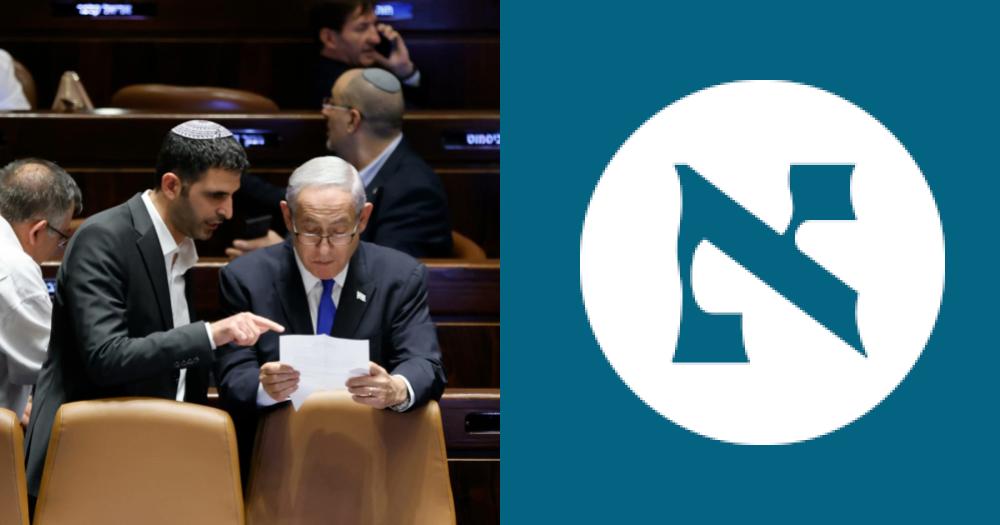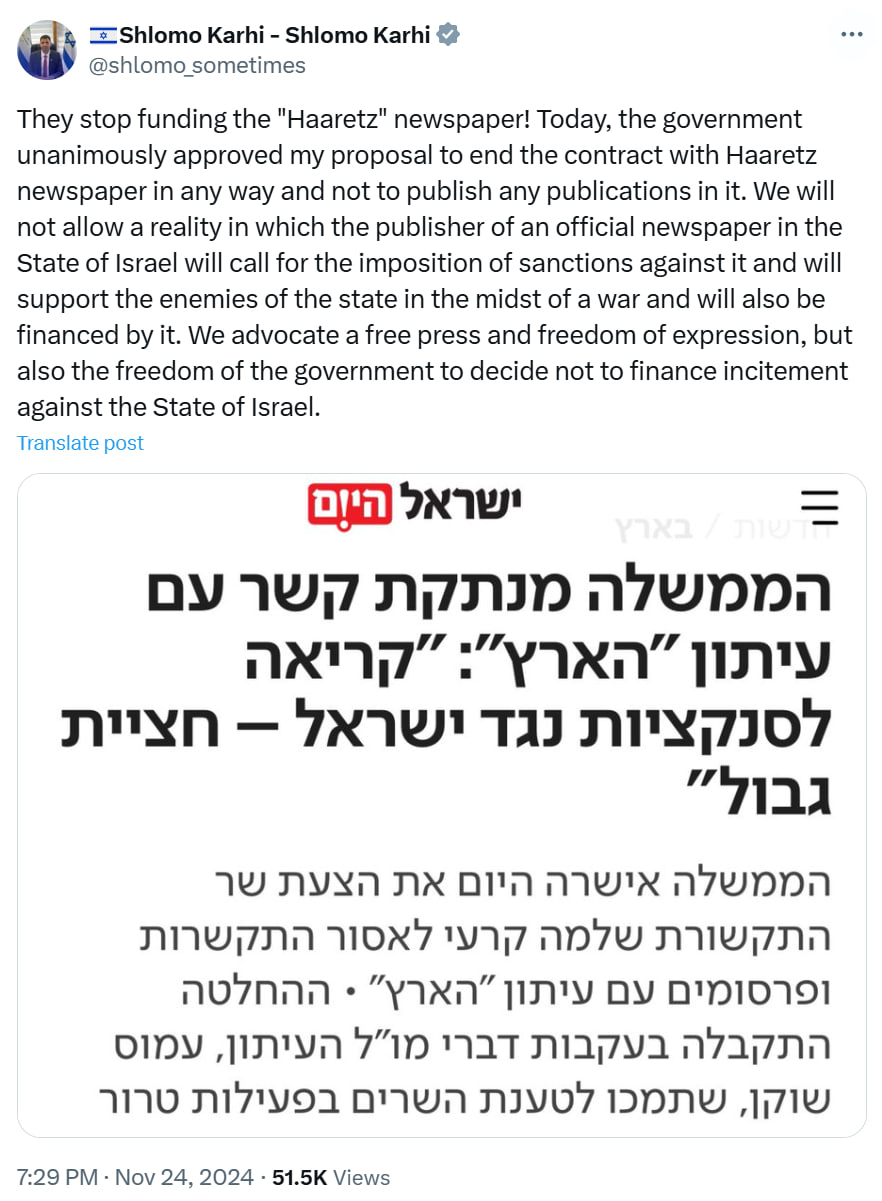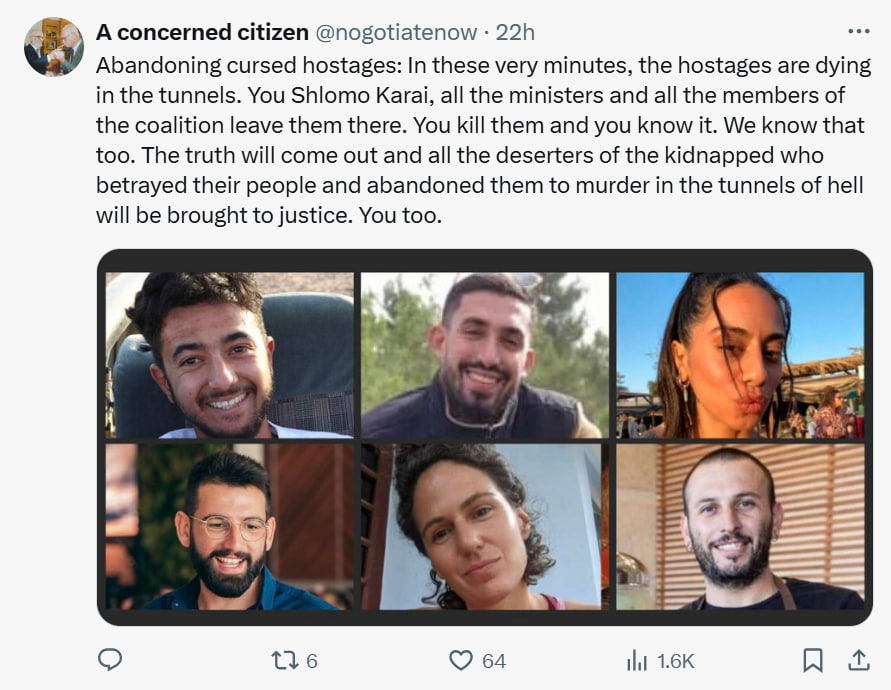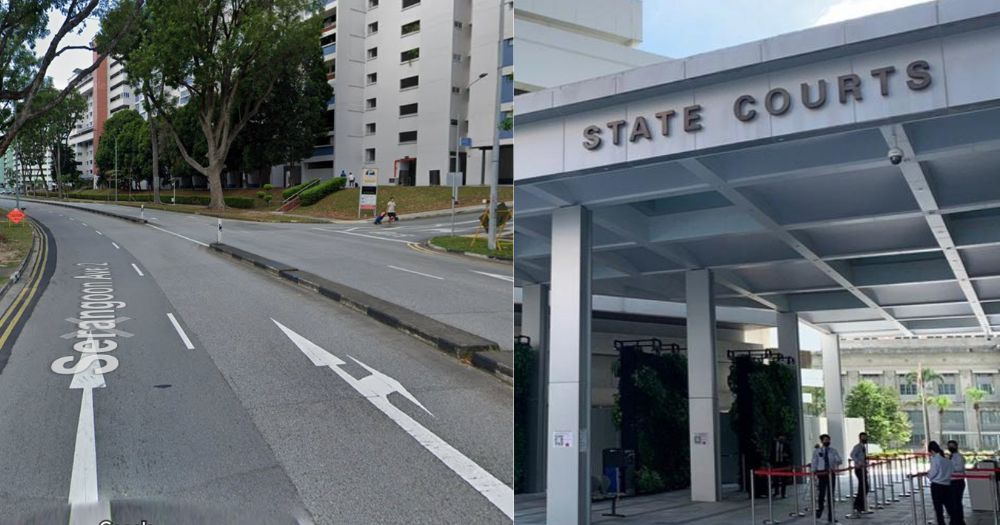Israel govt orders official boycott of critical newspaper, minister 'advocates a free press' but not 'incitement'
The Israeli government will not interact with the paper, nor will it advertise in it.

The government of Israel has ordered an official boycott of an Israeli newspaper Haaretz, accusing it of supporting "enemies of the state” and of “incitement against the state of Israel”.
Enemies of the state
On Nov. 24, the office of Israel’s Communications Minister, Sholmo Karhi, posted on social media that the Israeli government would stop funding Haaretz.
 Screenshot via X
Screenshot via X
The Guardian reported that this would mean that the newspaper would no longer receive government advertising, nor would any government officials or persons working for government-funded bodies interact with it.
The post said that the government of Israel would not allow “a reality in which the publisher of an official newspaper” in Israel could “call for the imposition of sanctions against (the state of Israel)” and supporting “the enemies of the state in the midst of a war”.
The post defended the move, claiming that Israel "advocate(s) a free press and freedom of expression" saying the government had the "freedom" to "not fund incitement against" itself.
Haaretz is a notably left-wing newspaper, in contrast to Israel's current, decidedly right-wing government, and is Israel’s oldest newspaper, having been set up in 1919.
It has long been critical of Prime Minister Benjamin Netanyahu, not just in the present moment, but in most of his previous stints as PM.
It has been especially critical of the current iteration of his government, and that sentiment has been maintained through the attacks by Hamas on Oct. 7.
Shocken reaction
This latest reaction against the newspaper is ostensibly a reaction against comments made by the Haaretz publisher Amos Schocken.
Schocken recently spoke at a conference in London, and is quoted by his own paper as saying “[The Israeli government] dismisses the costs of both sides for defending the settlements while fighting the Palestinian freedom fighters, that Israel calls terrorists.”
Haaretz, reporting on the boycott of itself, said that the Israeli government’s explanation was that the boycott was a reaction to Haaretz’s editorials, and to Shocken’s remarks in specific.
Shocken’s remarks, particularly the part that appeared to say “terrorists” were “freedom fighters”, were met with “widespread public outcry", according to Haaretz.
That outcry included an opinion article and editorial in Haaretz itself, which rejected the notion that Hamas fighters were freedom fighters.
The outcry forced the publisher to clarify that he was referring to the situation in the West Bank, which is controlled by the Palestinian Authority.
As to the situation in Gaza, which is controlled by Hamas, he said “As for Hamas, they are not freedom fighters, as their ideology essentially states ‘It’s all ours, others should leave’.
Legitimate, but disliked, efforts
The situation reflects the complicated and fractured nature of Israeli politics at the moment.
At the same time as being united about some topics, for example the Haaretz editorial said that the “planners and perpetrators of the Oct. 7, 2023 massacre must be severely punished”, there are also many points of disagreement.
In the same editorial, Haaretz describes efforts, particularly by the Palestinian Authority, to encourage an international economic boycott of Israel as "legitimate", “even if many Israelis dislike them”.
The replies to Karhi’s tweet highlight the divide, with some responses praising the move.
 Screenshot via X
Screenshot via X
Still, many others accuse the government of authoritarianism, as well as complaining about the government’s failure to recover the remaining hostages held by Hamas in Gaza, taken over a year ago on Oct. 7.
 Screenshot via X
Screenshot via X
 Screenshot via X
Screenshot via X
Haaretz understandably reacted unfavourably to the news, condemning the decision as an "opportunist resolution”.
Such moves are usually presented to the Israeli cabinet with a legal opinion supplied by the Attorney General, but this was not done in this case, and was passed by the cabinet without “any legal review”.
The paper compared the Netanyahu government with that of other leaders it considered similarly autocratic, such as Russia’s Vladimir Putin, and Hungary’s Viktor Orban.
Haaretz said Israel’s government was attempting to similarly silence a “critical, independent newspaper”, but it would not “baulk and will not morph into a government pamphlet", only publishing messages approved by the government.
Related story
Top image via Shlomo Karhi/Facebook & Haaretz/Facebook
MORE STORIES




















